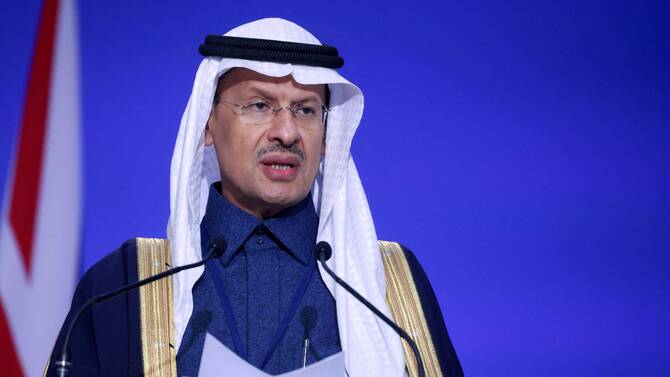KING ABDULLAH ECONOMIC CITY: Dubai’s tourism chief said the emirate is still on track to meet its 2020 tourism target, despite a report suggesting a major new theme park destination is not attracting enough visitors.
Issam Kazim, chief executive of the Dubai Corporation for Tourism and Commerce Marketing (DCTCM), told Arab News that the aim to attract 20 million tourists a year by 2020 is “absolutely” still feasible.
Analysts at EFG Hermes had earlier this month cast doubt over whether one of Dubai’s major new tourism attractions, Dubai Parks and Resorts, will meet its own visitor targets.
The operator of the resort, made up of three theme parks, had expected 20,500 daily visits up to 2019, local media reported. But EFG said in its earlier report that this would take much longer than expected, with the average number of daily visits at 10,300 each year until 2019, according to local media. The report has since been removed from its website.
Kazim told Arab News on the sidelines of this week’s Top CEO Conference at King Abdullah Economic City (KAEC) that he did not expect this to impact the overall Dubai tourism targets.
“I do not see there being an issue at all. In fact, I think the opportunities with that are great,” he said of the theme park development.
“With any new product that comes online, and especially being not so centrally located, it takes time for people to get used to getting in and out of the parks... But once that happens, I think the potential for that is great.”
Dubai Parks and Resorts operates Legoland Dubai and its waterpark, along with the Motiongate and Bollywood theme parks. It is part of DXB Entertainments, which is listed on the Dubai Financial Market (DFM). The company did not respond to a request for comment when contacted by Arab News.
The resort and another theme park, the indoor IMG Worlds of Adventure, both opened in the second half of last year. Kazim said that they “are starting to see steady growth over time.”
He added: “I do believe that they will be successful. It is just a matter of time before people get to learn more and more… and become regular visitors to the theme parks.”
Surge in tourists
Dubai Tourism last month said there had been a 12 percent surge in visitor numbers during the first two months of this year.
Saudi Arabia and China are among the main growth markets, Kazim said, while visa changes for travelers from other markets had also helped boost the numbers.
The top-four source markets for Dubai tourism in 2016 — all contributing more than 1 million visitors — were India, Saudi Arabia, Oman and the UK.
But China overtook Oman as one of the top-four source markets in the first two months of 2017, official data show.
Kazim said Dubai Tourism did not want to focus too heavily on any one market. He cited the example of Russia: When the value of the rouble
fell against the dirham, there was a drop in visitor numbers from the country to Dubai. “So quickly we acted in other markets, which more than compensated for that drop,” Kazim said.
He said Dubai Tourism is promoting Dubai in a broad range of countries. “There are some campaigns that go up to 40, 43 countries.”
Saudi visitors; Dubai costs issue
Saudi Arabia will remain one of the most important source markets for tourism to Dubai, Kazim added. He said there were more than 1.5 million visitors from Saudi Arabia in 2016, about a 9 percent growth year-on-year.
“Saudi (Arabia) will remain to be one of the most important markets for us. The proximity is one thing, there’s the cultural aspect of things as well,” he said.
Some global travelers and residents have complained about the cost of visiting or living in Dubai.
CNN anchor Richard Quest, on a visit to Dubai in February, said additional hotel charges amounted to a “rip off.”
He said on Twitter: “Checking out of hotel in Dubai again the 10 percent service charge added. Why do I pay this on top of the room rate?”
Kazim pointed out that the Dubai government had made efforts to encourage the construction of more reasonably priced hotels by waiving municipality fees.
“What we’re very proud of is the diversity of offering that Dubai has. Dubai has always had a niche audience that is very interested in the seven-star experience, and there still is a market for that. So we cannot neglect that,” he said. “But at the same time, we have encouraged… three- or four-star hotels.”














